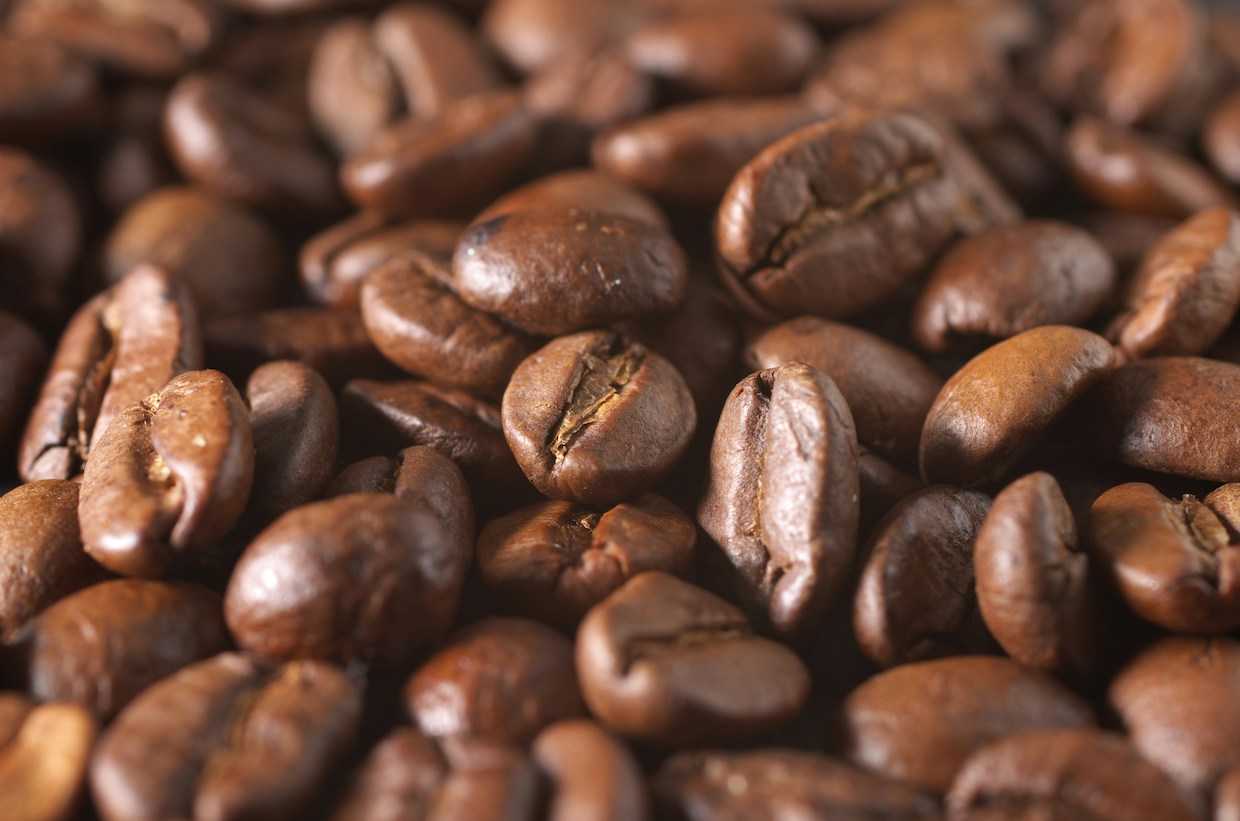A group of sports scientists from throughout the United States and Canada authored a paper addressing 15 common questions asked by exercisers related to caffeine consumption.
While many of the questions appear to be geared toward users of caffeine supplements — i.e. caffeine as some sort of performance-enhancing drug — several of them maintain relevance for coffee drinkers of all types.
For example, the researchers ask, “Does caffeine dehydrate you at rest?”
In their summary of existing academic literature addressing the question, the research team said that “moderate daily caffeine doses” (described as 250-300 milligrams) do not appear to increase urine volume in habitual coffee consumers, although higher doses (500 mg or more) may induce acute elevation of urine output.
For reference, the commonly accepted average for the amount of caffeine found in a typical 8-ounce brewed coffee is between about 70-120 mg.
“The typical consumption of caffeine (i.e. usually in a beverage) has little to no effect on fluid balance,” the researchers wrote.
Following a similar question — “Does caffeine dehydrate you during exercise?” — the researchers wrote, “Factors such as sweat rate, fluid replacement, and genetic factors have a greater impact on one’s hydration level compared to moderate caffeine consumption alone. Because caffeine is a potent ergogenic aid, any issues vis a vis dehydration is likely not the result of caffeine consumption but rather fluid replacement during exercise.”
One of the most compelling summaries in the report addresses the popular pseudo-science concept of the afternoon “caffeine crash.”
The researchers ask, “Does waiting 1.5-2 hours after waking to consume caffeine help you avoid the afternoon ‘crash?’
In their review, they write, simply, “There is no evidence that caffeine ingestion upon waking is somehow responsible for an afternoon ‘crash’ or that delaying consumption would somehow prevent this if it did occur.”
The open-access study was published last month in the official journal of the nonprofit International Society of Sports Nutrition (ISSN). One of its primary authors, Jose Antonio of Nova Southeastern University in Florida, is the CEO of the ISSN. He has previously received grants and contracts to research dietary supplements, and has served as a paid consultant for the industry.
He and multiple other authors who offered disclosures declared no conflicts of interests related to the published report.
Comments? Questions? News to share? Contact DCN’s editors here.








Comment